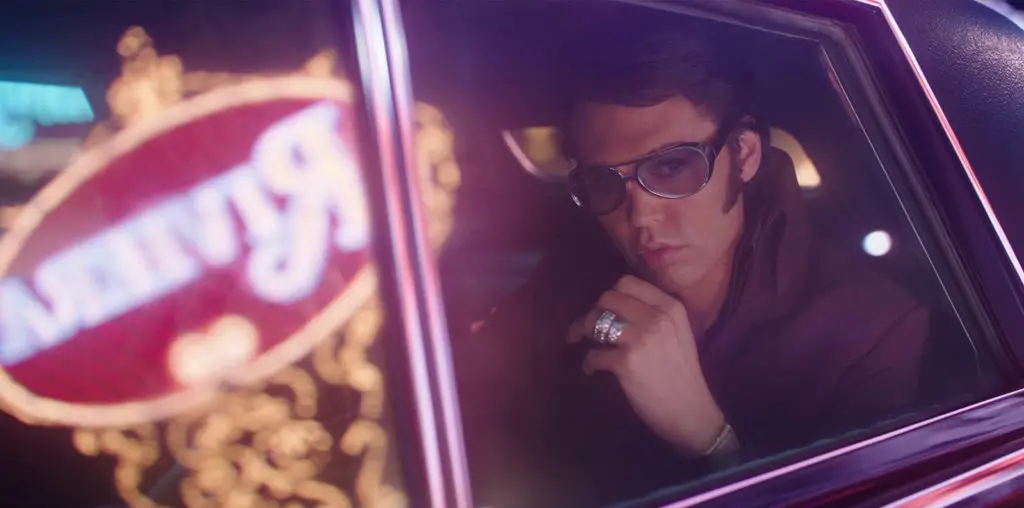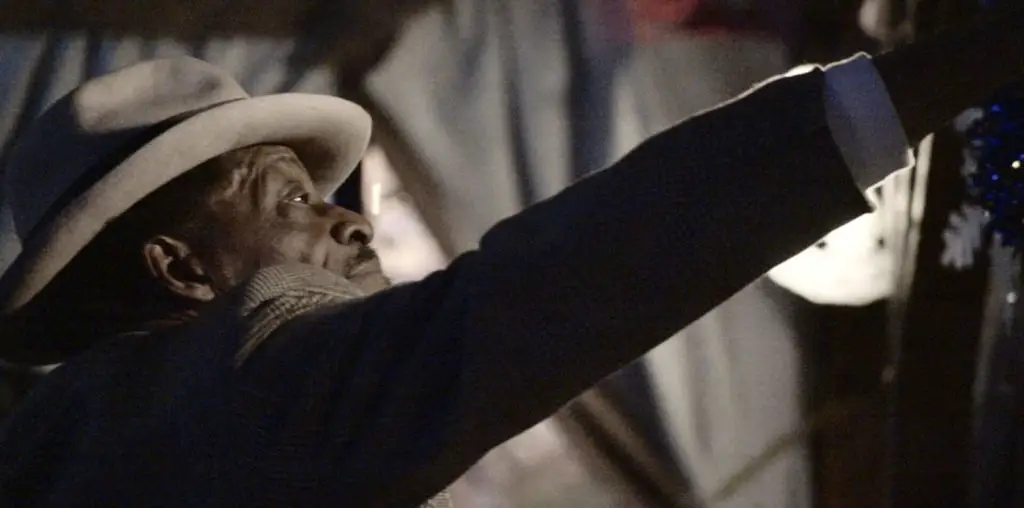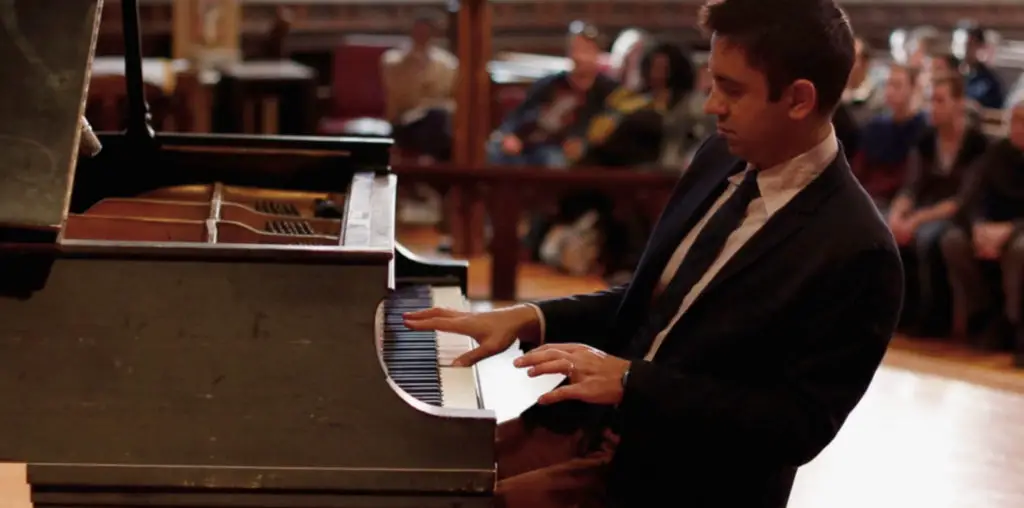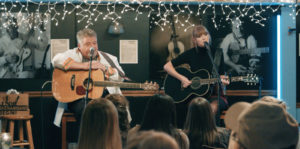
The Nashville honky-tonk that was a springboard for modern country legends gets its legend told in writer-director Brian A. Loschiavo’s rousing documentary Bluebird. The Bluebird Café opened during the dawn of the 1980s in an unassuming suburban strip mall. Far from Nashville’s downtown row, it’s a tiny club sandwiched between other businesses and a nearby McDonald’s, though Minnie Pearl used to get her hair done at the salon next door.
It started as a rock club for bands like Talking Heads and was mainly known for being grubby and noisy. However, Bluebird Café founder Amy Kurland started up a Writers Night on Sundays, featuring songwriters singing songs they wrote that more famous artists recorded. This took off, giving the previously invisible Nashville songwriters a venue to perform their works live and audiences the opportunity to hear the song by the person who wrote it. As a result, more songwriters were drawn to the Bluebird, including one who designed their famous neon sign. The bar employees started writing songs that became hits for big country singers. An open mike followed and an open audition for a performing slot.

“The Nashville honky-tonk that was a springboard for modern country legends…”
Artists started performing in the middle of the room, amidst the audience. Among the artists that were unknown until discovered at the Bluebird were Garth Brooks, Shania Twain, and Taylor Swift. As the cafe’s legend grew, songwriters kept coming, and crowds swelled. Then a hit TV show brought the Bluebird international intention, and soon every night was sold out with lines going out the door. However, will the forces of gentrification overtake this scrappy little song craft mecca?
You do not need to be a country music fan to be swept away by Bluebird. Loschiavo’s presentation is as warm a welcome to strangers as well as old friends. He makes a genius move of highlighting Don Schlitz as one of the first examples of who would show up on Writers Night. Schlitz is not a household name, but the song he wrote for Kenny Rogers is, as nearly anyone will recognize The Gambler. Hearing it sung by the man who wrote it is an immediate pleasure, as the inflections are different enough to distinguish the original vision from the original version.
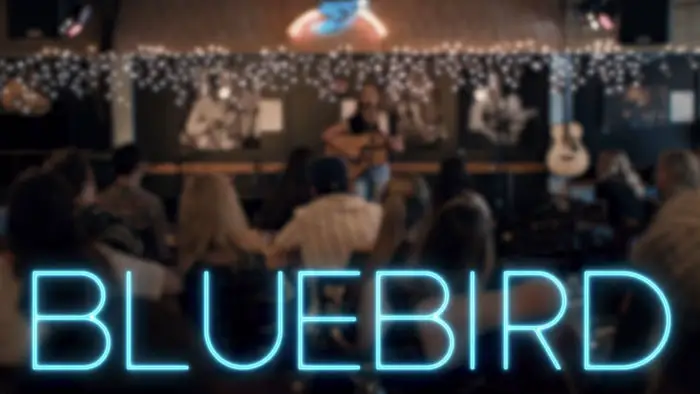
"…a fitting tribute to the neglected backbone of the country music capital..."
